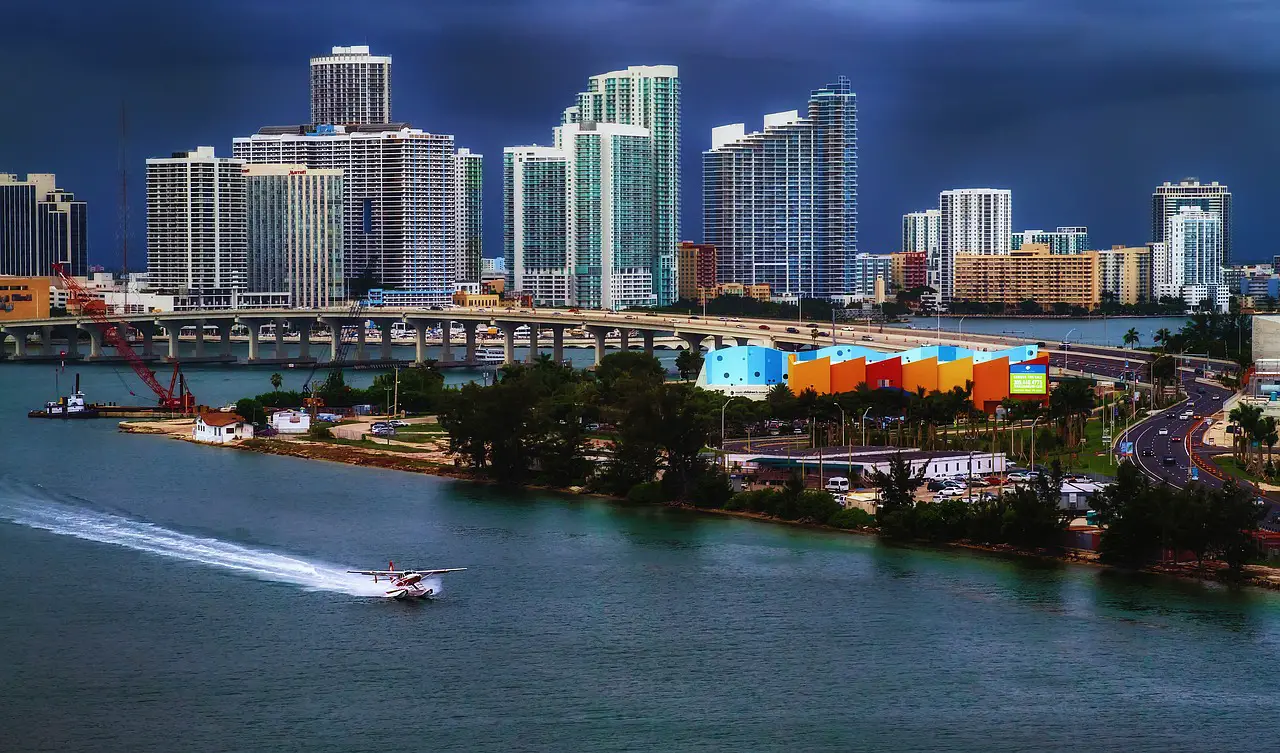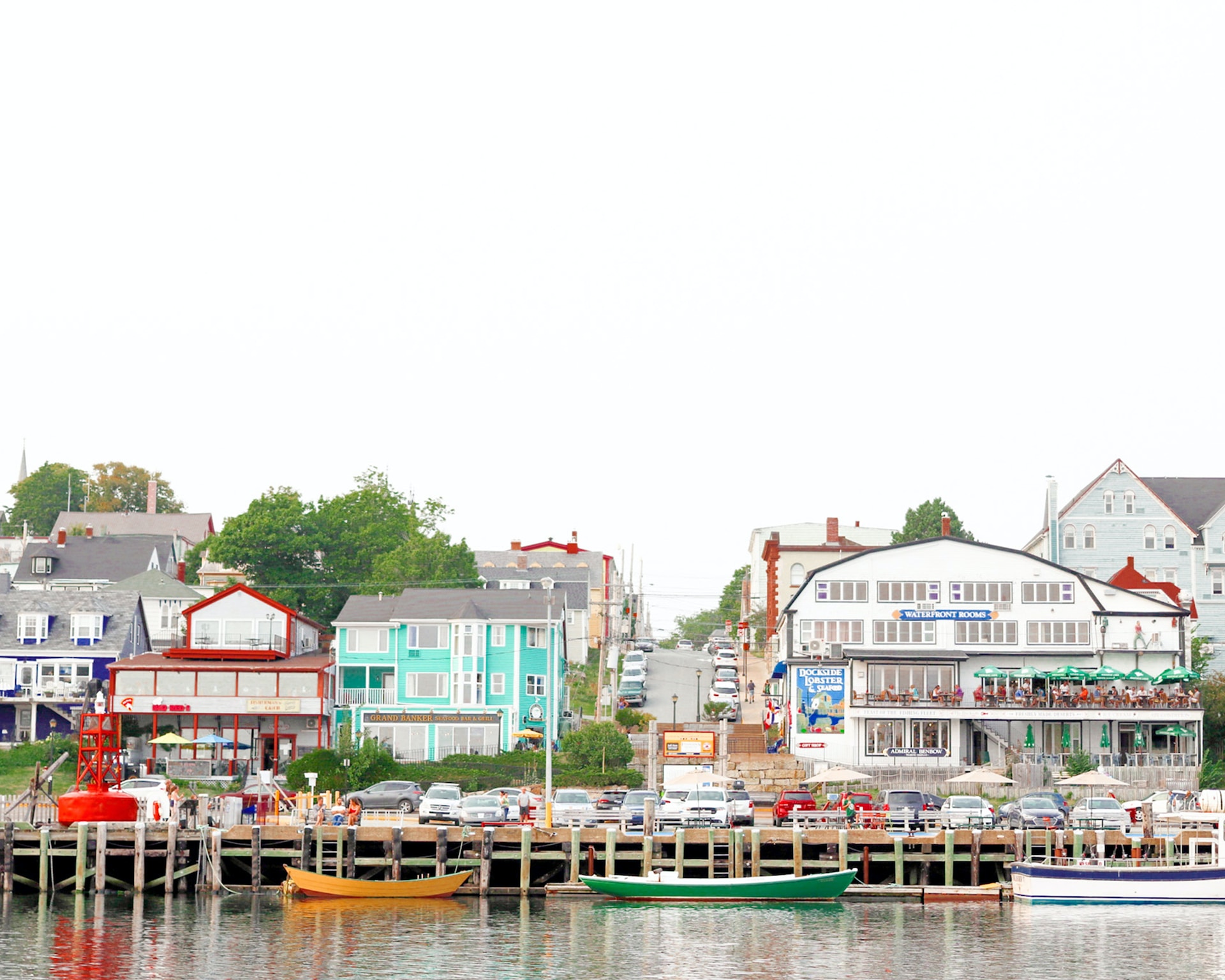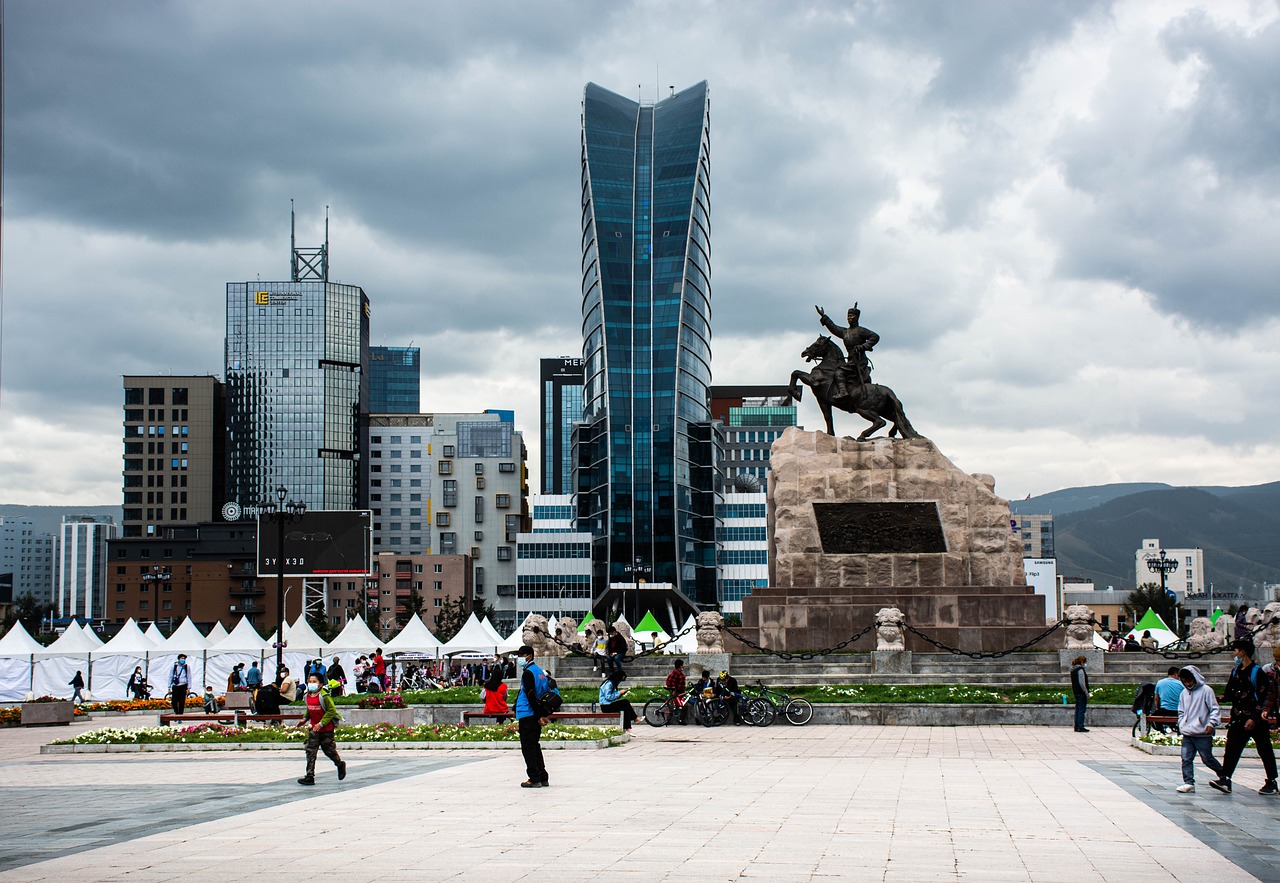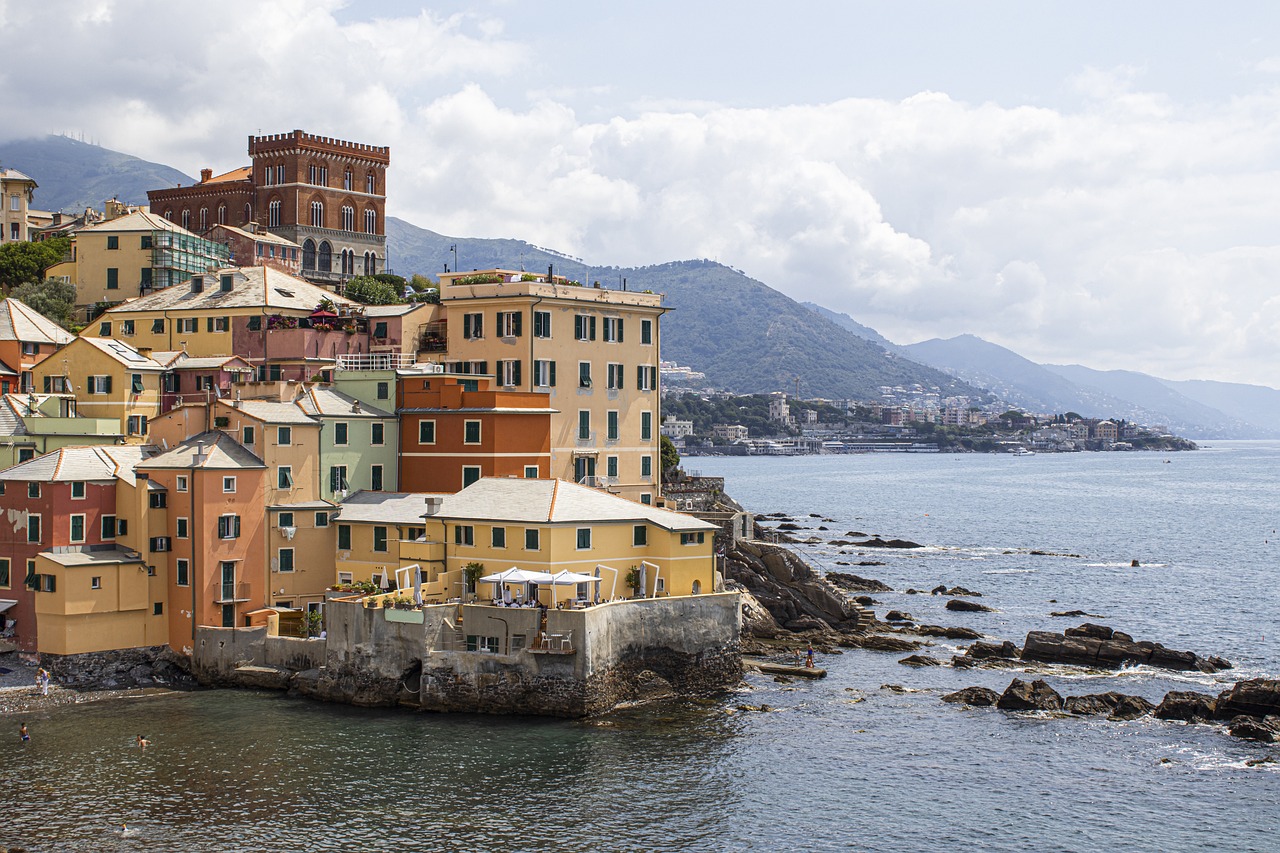The United Kingdom, a rich tapestry of history, culture, and diversity, is home to many cities, each contributing uniquely to the nation’s identity. This essay will focus on fifteen of the UK’s major cities, taking into account their historical significance, cultural influence, economic impact, and population size.
London: London, the capital of the UK and England, is the most populous city, with an estimated population of 9 million people. Known for its financial prowess, it hosts the London Stock Exchange and is a significant player in the global financial market. London boasts iconic landmarks such as the Tower of London, Buckingham Palace, the British Museum, and the London Eye. This city’s rich history and cultural tapestry have made it a must-visit destination for travelers worldwide.
Birmingham: Located in the West Midlands, Birmingham is the second most populous city in the UK. Its history as a manufacturing powerhouse during the Industrial Revolution is evidenced in its many museums and galleries. Known for its canals and Victorian architecture, Birmingham also has a burgeoning food scene with Michelin-starred restaurants.
Manchester: As one of the major cities in Northern England, Manchester played a crucial role in the Industrial Revolution. Today, the city is renowned for its music scene, sporting events, and cultural festivals. Manchester United and Manchester City football clubs are known worldwide.
Glasgow: Glasgow is the largest city in Scotland. Its rich architectural heritage, vibrant art scene, and thriving music culture are key aspects of its identity. Glasgow was once a hub for shipbuilding and trade and continues to be a driving force in Scotland’s economy.
Leeds: Located in West Yorkshire, Leeds has grown from a small 17th-century town to a bustling city known for its contribution to the financial and legal sectors in the UK. It is also known for its shopping, nightlife, and sports, hosting the famous Leeds United Football Club.
Edinburgh: As the capital of Scotland, Edinburgh is famous for its historic and cultural attractions. The city’s Old Town and New Town are both UNESCO World Heritage Sites. The Edinburgh Festival Fringe, the world’s largest arts festival, is held here annually.
Liverpool: Located in Merseyside, Liverpool is renowned for its culture, arts, and architecture. It was once a major port city during the 18th and 19th centuries. Liverpool is also known for the Beatles, who originated there, and its two Premier League football clubs.
Sheffield: Sheffield, located in South Yorkshire, is known for its history in steel production. Today, it is a bustling city with a growing economy, known for its green spaces and music scene, home to popular bands such as Arctic Monkeys and Pulp.
Bristol: Bristol is a city that thrives on creativity, technology, and aerospace industries. It is located in the southwest of England and is known for its harbor, which played an essential role in England’s maritime trade. Bristol also hosts the Bristol International Balloon Fiesta, Europe’s largest hot air balloon festival.
Cardiff: As the capital of Wales, Cardiff is an important administrative, sporting, and cultural hub. Its history is showcased in the Cardiff Castle and the National Museum Cardiff. Cardiff Bay is home to the Welsh Assembly and the Wales Millennium Centre, a venue for cultural events.
Belfast: Belfast is the capital of Northern Ireland and is steeped in political and industrial history. Its Titanic Quarter, named after the ill-fated ship built there, is a thriving tourist and entertainment hub. Belfast is also the gateway to the beautiful landscapes of Northern Ireland.
Nottingham: Known for its links to the Robin Hood legend, Nottingham has a rich cultural history. Today, it is a significant contributor to the UK economy, known for its vibrant creative and digital sectors, as well as its excellent higher education institutions.
Newcastle upon Tyne: Commonly known as Newcastle, this city is known for its spectacular Tyne Bridge, thriving arts scene, and Newcastle United Football Club. It was once a significant coal and shipbuilding hub, contributing to the Industrial Revolution.
Southampton: Known for its major port, Southampton is located on the south coast of England. It is rich in medieval history and is the city from which the Titanic embarked on its ill-fated voyage. It is also home to two universities, contributing significantly to its local economy.
Leicester: Leicester is one of the oldest cities in England, with a history extending over 2,000 years. It is culturally diverse and known for its commitment to sports, home to the Leicester City Football Club. Leicester played a significant role in the textile and shoe manufacturing industries and has since diversified into various sectors.
Each of these cities, with their unique histories, cultures, and contributions to the economy, are invaluable threads in the fabric of the UK. They reflect the United Kingdom’s diverse and dynamic nature, demonstrating the country’s ability to adapt, grow, and thrive amidst changing times.














